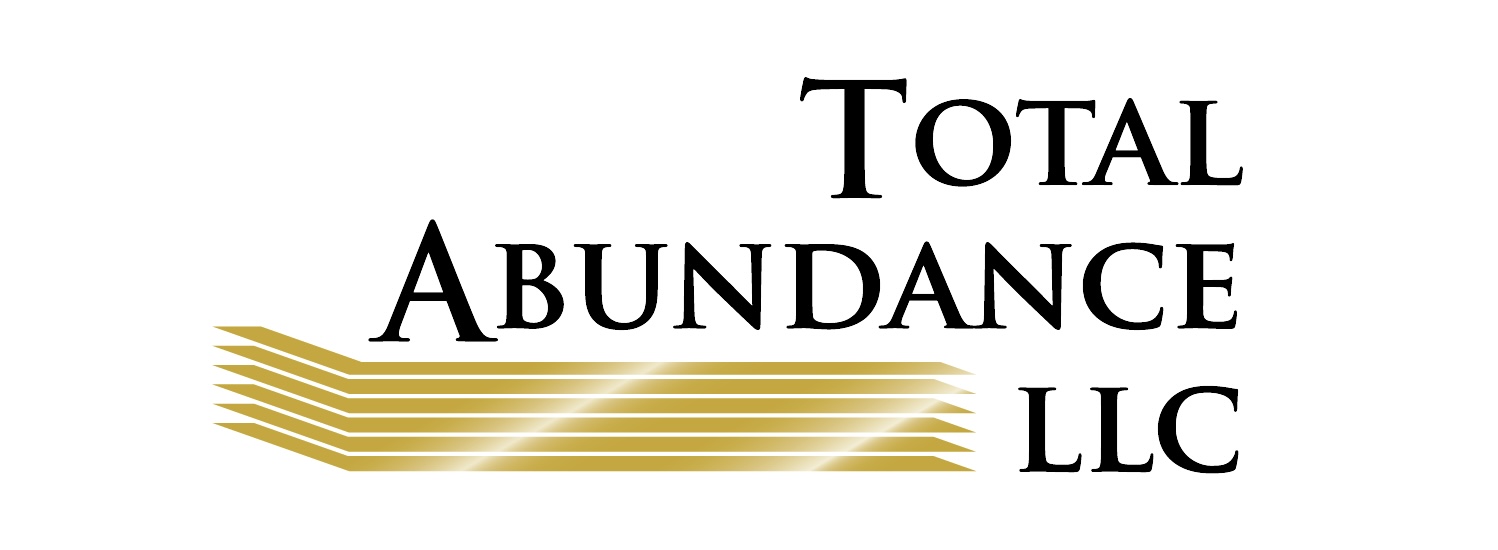Common Legal Considerations for Small Businesses
Essential legal considerations every small business owner should know.

Business Structure
Status of Employees
Trademarks and Copyrights
Contracts
Consumer and Data Protection
Introduction
Small business owners have a lot on their plate, from managing finances and operations to marketing and sales. With so much to worry about, it’s easy to overlook legal considerations, but ignoring these important issues can have serious consequences. Understanding the legal landscape and making informed decisions is crucial for the success and longevity of a small business.
The purpose of this blog post is to educate small business owners on some of the common legal considerations they should be aware of. From choosing the right business structure to protecting intellectual property and complying with consumer protection laws, this article covers a range of topics that are essential for small business owners to understand.
In this post, we’ll overview the following topics:
Business Structure
One of the first legal considerations for a small business owner is choosing the right business structure. The type of structure a business chooses will impact the owner’s personal liability, tax obligations, and management and control of the business. Some of the most common business structures include sole proprietorship, partnership, limited liability company (LLC), and corporation.
A sole proprietorship is the simplest and most straightforward business structure. It is easy to set up and requires no formal paperwork, but the owner is personally liable for all debts and obligations of the business.
A partnership is similar to a sole proprietorship but involves two or more owners who share profits and losses. Like a sole proprietorship, partners are personally liable for all debts and obligations of the business.
An LLC combines the best features of both a sole proprietorship and a corporation. Owners of an LLC have limited personal liability, and the business is taxed like a partnership, but it also offers the management and control benefits of a corporation.
A corporation is a separate legal entity that is taxed differently from its owners. Incorporating a business provides owners with limited personal liability, but also requires more formalities, such as annual meetings and record-keeping.
When choosing a business structure, it is important to consider the level of personal liability the owner is willing to accept, tax obligations, and the management and control of the business. It is also important to research the legal requirements for establishing each type of business structure in the state where the business will be located.
In conclusion, choosing the right business structure is a crucial legal consideration for small business owners. It is important to understand the advantages and disadvantages of each type of structure, consider personal liability, tax obligations, and management and control, and research the legal requirements for establishing a business in the state where it will be located.
Status of Employees
Another important legal consideration for small businesses is the status of their employees. Small business owners must understand the difference between employees and independent contractors, as well as the legal requirements for hiring employees.
The distinction between employees and independent contractors is important because employees are entitled to certain legal protections and benefits, such as minimum wage and overtime pay, workers’ compensation, and unemployment insurance. Independent contractors, on the other hand, are not entitled to these protections and benefits.
When hiring employees, small business owners must comply with various legal requirements, such as conducting background checks, verifying eligibility to work in the U.S., and paying payroll taxes. Small business owners must also maintain accurate payroll records and adhere to workplace safety requirements.
It is also important to have written employment agreements in place, which can help define the terms of employment and protect the interests of both the employer and employee. These agreements can include information such as job duties, compensation, benefits, and termination procedures.
In conclusion, the status of employees is an important legal consideration for small businesses. Small business owners must understand the difference between employees and independent contractors, comply with legal requirements for hiring employees, maintain accurate payroll records, and have written employment agreements in place. By doing so, small business owners can help protect their business and their employees.
Trademarks and Copyrights
Protecting a small business’s intellectual property is another important legal consideration. This includes securing trademarks and copyrights for the business’s brand and products.
A trademark is a symbol, word, or phrase that is used to identify and distinguish a particular brand or product. Trademarks help protect a business’s brand and ensure that customers can easily identify and associate the brand with the business’s products or services.
A copyright is a form of legal protection that gives the owner of a work, such as a song, book, or piece of software, the exclusive right to use and distribute the work. Copyrights help protect creative works and ensure that the owner is able to control and benefit from the use of their work.
Securing trademarks and copyrights for a small business can be a complex process, but it is important to take the necessary steps to protect the business’s intellectual property. This may include conducting a trademark search, filing a trademark application, and registering copyrights.
In conclusion, protecting a small business’s intellectual property through trademarks and copyrights is an important legal consideration. By securing trademarks and copyrights, small business owners can help protect their brand and creative works, ensuring that they are able to control and benefit from the use of their intellectual property.
Contracts
Contracts are a crucial aspect of running a small business. Contracts establish the terms of a business agreement between two or more parties and help to avoid misunderstandings and disputes.
Small business owners should be familiar with the basic elements of a contract, including offer, acceptance, consideration, and legality. Contracts can be written or verbal, but it is recommended to have written contracts in place as they provide a clear and unambiguous record of the agreement.
When entering into a contract, small business owners should ensure that they understand all of the terms and conditions and that they are in compliance with any applicable laws. Contracts should also be reviewed by a lawyer to ensure that they are legally binding and enforceable.
Common types of contracts that small businesses may enter into include employment contracts, vendor contracts, service contracts, lease agreements, and loan agreements.
In conclusion, contracts are a crucial aspect of running a small business. Small business owners should be familiar with the basic elements of a contract, have written contracts in place, and ensure that they understand all of the terms and conditions and are in compliance with applicable laws. By doing so, small business owners can help to avoid misunderstandings and disputes and ensure that their business agreements are legally binding and enforceable.
Consumer and Data Protection
Small businesses must also be mindful of consumer and data protection laws. In today’s digital age, the collection and use of personal data is a common business practice, and it is important for small businesses to ensure that they are in compliance with the applicable laws and regulations.
One important law to be aware of is the General Data Protection Regulation (GDPR), which is a regulation in EU law on data protection and privacy for all individuals within the European Union (EU) and the European Economic Area (EEA). The GDPR sets strict rules for the collection, use, and storage of personal data and gives individuals certain rights, such as the right to access their personal data and the right to have their personal data deleted.
In the U.S., there are also laws that govern the collection and use of personal data, such as the California Consumer Privacy Act (CCPA) and the Children’s Online Privacy Protection Act (COPPA).
In addition to data protection laws, small businesses must also comply with consumer protection laws, such as truth-in-advertising laws and regulations governing the sale of products and services.
In conclusion, small businesses must be mindful of consumer and data protection laws and ensure that they are in compliance with the applicable laws and regulations. By doing so, small businesses can help to protect the personal data of their customers and ensure that their business practices are in line with the law.
Conclusion
In conclusion, small business owners must be aware of the various legal considerations that impact their business. From compliance with tax laws to protecting intellectual property and data, there are many important legal considerations that small business owners must keep in mind.
It is important for small business owners to educate themselves on the relevant laws and regulations, seek the advice of a lawyer when necessary, and have all necessary contracts and agreements in place. By doing so, small business owners can ensure that their business is in compliance with the law and protected against potential legal challenges.
In the end, the success of a small business depends on a number of factors, including sound legal practices. By taking the necessary steps to ensure compliance with the law and protection of their business, small business owners can help to set the stage for a successful and thriving business.
FAQ
When choosing a business structure, it is important to consider the level of personal liability you are willing to accept, tax obligations, and the management and control of the business. It is also important to research the legal requirements for establishing each type of business structure in the state where the business will be located.
The distinction between employees and independent contractors is important because employees are entitled to certain legal protections and benefits, such as minimum wage and overtime pay, workers’ compensation, and unemployment insurance. Independent contractors, on the other hand, are not entitled to these protections and benefits.
Protecting a small business’s intellectual property includes securing trademarks and copyrights for the business’s brand and products. This may include conducting a trademark search, filing a trademark application, and registering copyrights.
Written employment agreements can help define the terms of employment and protect the interests of both the employer and employee. These agreements can include information such as job duties, compensation, benefits, and termination procedures.
Contracts establish the terms of a business agreement between two or more parties and help to avoid misunderstandings and disputes. Small business owners should be familiar with the basic elements of a contract, including offer, acceptance, consideration, and legality.
EMPOWERING ENTREPRENEURSHIP
Ready to supercharge your small business growth?
Join our email list for exclusive content, growth hacks, and industry insights. Stay up-to-date on the latest entrepreneurial trends and take your business to the next level. Sign up for free today!
